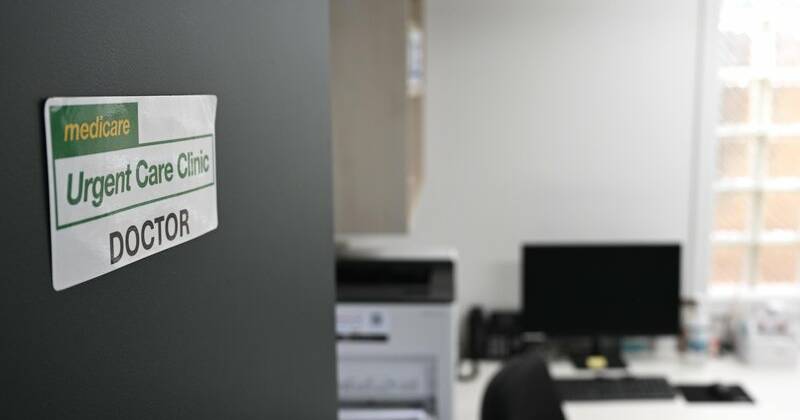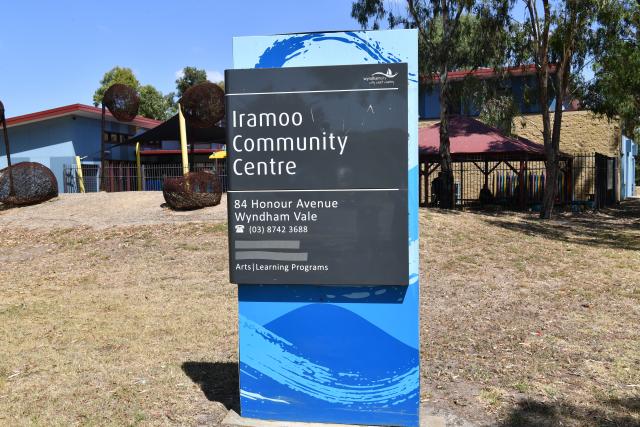
BREAKING: As Women’s Health Week kicks off, experts warn of a critical funding gap in women’s health research, despite the federal government’s recent commitment of $573 million for women’s health initiatives. This funding, aimed at enhancing access to long-term contraceptives and expanding endometriosis clinics, is vital but insufficient in addressing long-standing disparities in health research and care for women.
The urgency of this issue is underscored by the findings from the Women and Infants Research Foundation. Chief scientist Matt Kemp stated that historically, women have been systematically excluded from clinical trials, leading to misdiagnoses and delayed treatments. “It’s a challenge that requires not just more resources but a greater degree of public awareness to deal with the significant health gap between men and women,” Kemp emphasized.
Recent data reveals that nearly one in three women have delayed visiting their GP in the past year, with more than one in ten avoiding health services altogether due to costs. The Royal Australian College of GPs (RACGP) vice president Ramya Raman highlighted the urgent need for reforms. “Longer GP consultations are vital to reduce delays in diagnosis and care,” she stated, noting that the current Medicare system rewards shorter visits, disproportionately affecting female patients.
Women are increasingly starting families later in life, with studies from Flinders University showing that the average age of first-time mothers has risen to 35 years or older. While older mothers may engage more with prenatal care, they face heightened risks, including gestational diabetes and high blood pressure. Lead author Dr. Anya Arthurs noted, “This raises important questions about how maternity care systems are adapting to these changes.”
Adding to this pressing narrative, September 1 will mark the inaugural National Day of Awareness for Young Women’s Breast Cancer, established by the organization So Brave. This day aims to increase awareness about breast cancer among young women, particularly as many are postponing necessary diagnostic scans due to financial barriers.
As Women’s Health Week unfolds, it serves as a critical reminder of the ongoing challenges facing women’s health across the globe. Advocates are calling for a comprehensive approach, not just increased funding, but also systemic changes to ensure women receive the healthcare they deserve. The time for action is now; both the public and private sectors must engage in this essential dialogue to bridge the gender health gap.
Stay tuned for more updates as this vital conversation continues to evolve.







